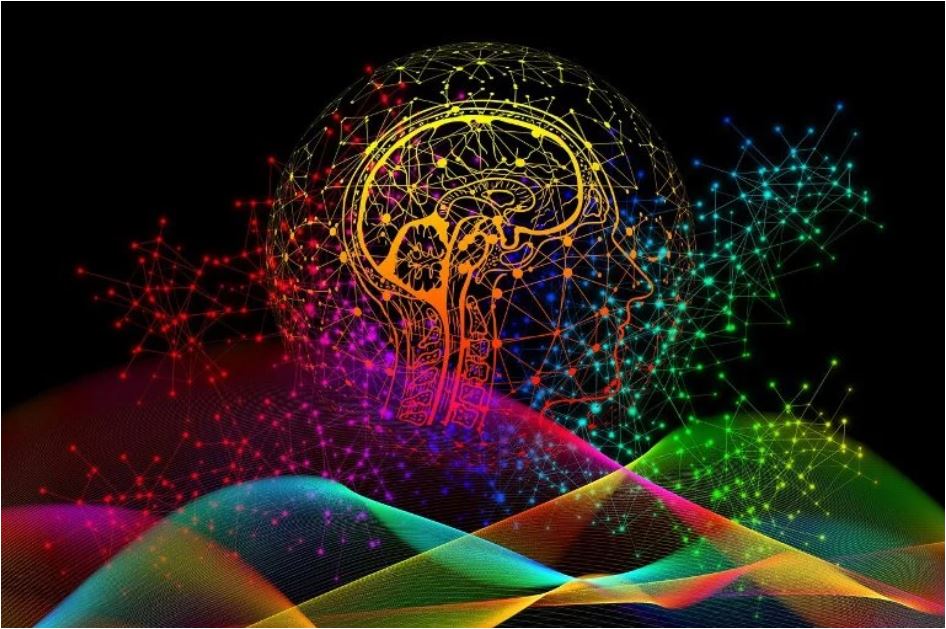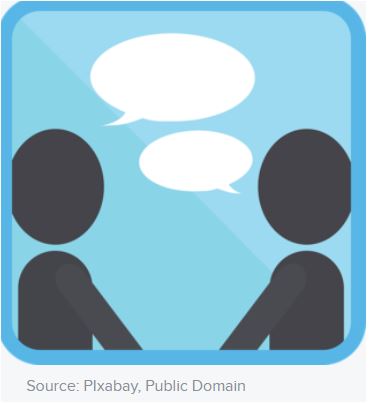Living with Attention Deficit Hyperactivity Disorder (ADHD) can present unique challenges in various aspects of life, including academics, work, and relationships. ADHD affects individuals differently but often leads to difficulty focusing, organizing, and managing time effectively. These challenges can sometimes result in setbacks and failures, discouraging and overwhelming individuals. However, it is important to remember that failure does not define one’s potential for success. By understanding ADHD and its challenges, individuals can develop strategies to overcome obstacles and thrive.










